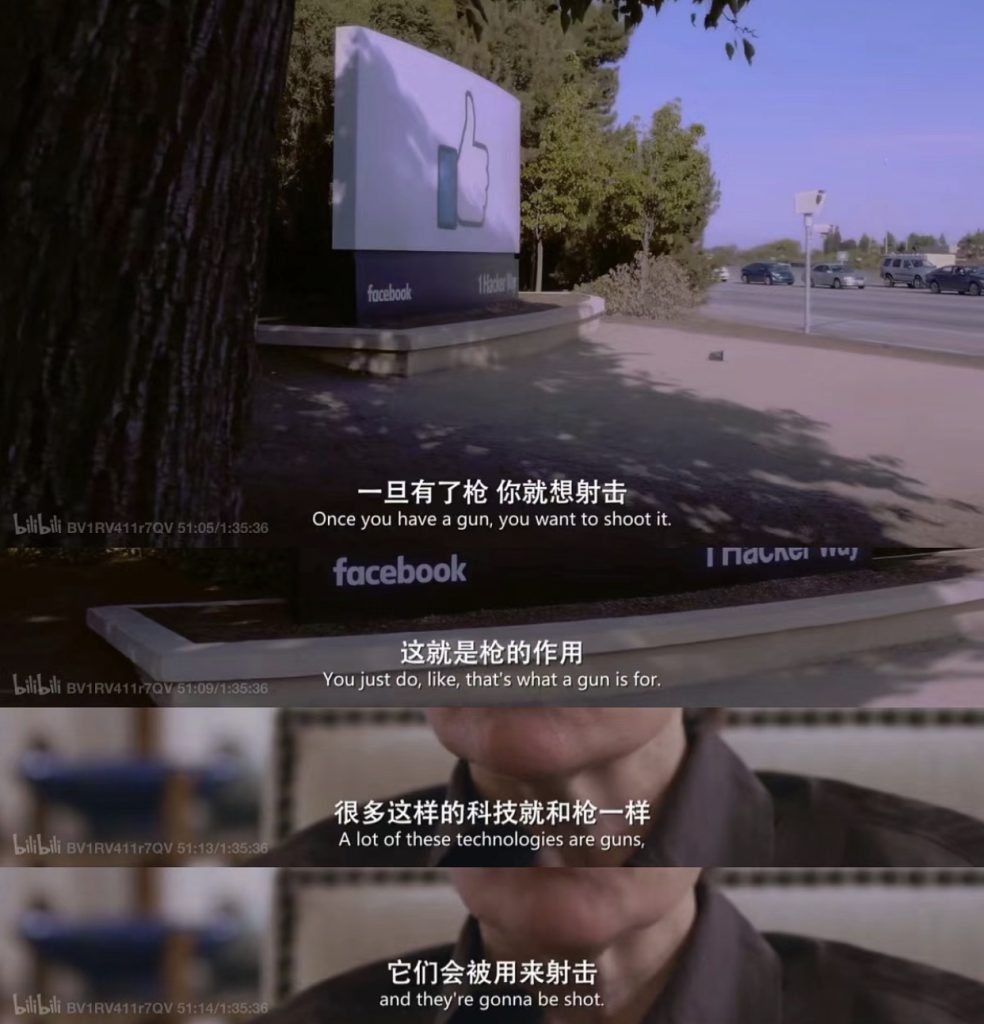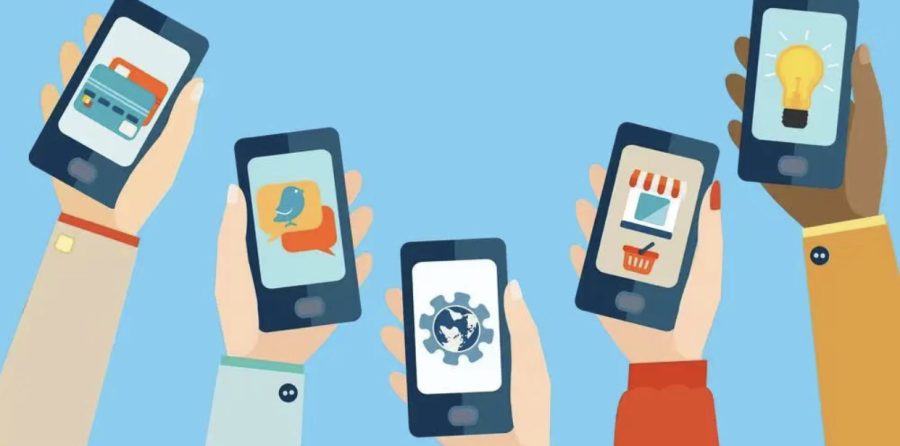With the continuous development of digital media, more new types of social media have emerged. People are not only able to express themselves and enjoy freedom of speech through social media, but they are also able to criticise various news events from a wider range of perspectives.

According to Foucault’s theory, he believed that discourse is not only a tool for communication, but also a way for power to operate.
Knowledge and culture can be spread through the discourse of users with more influence, but some people with social influence use their power in the wrong way.
Media discourse can present information to users through the way editors, journalists, and opinion leaders choose to present it, and the emergence of new social media has a new web of power. People with power can manipulate social opinion, but they can also misrepresent the truth of events.
If power is not run properly, then there will be a lot of disruption of social order. That means there will be a lot of people suffering from power-controlled speech on the Internet.
I would like to use a short film from a Chinese university student’s graduation project to show how discourse across social media can affect the social order.
The short film is a veiled expression of the impact that media discourse has on society, with countless people behind the screen accusing the protagonists of things that are wantonly hurtful, and in the end an ouroboros. When using social media to make a statement, anyone can and probably will become a perpetrator of cyber violence.
Voltaire, the famous French thinker, once said, “Everyone walks towards sin with a red face, holding the holy flag in his heart.” Media discourse is very often more than just a tool to convey information; it is more likely to become a weapon to attack any innocent user.
With the development of the Internet, media discourse is not supposed to denigrate others in the first place, and cyber violence is not supposed to happen.
However, when anything is magnified infinitely on the Internet, a wide range of opinions can exist in social media where speech is fully free, and there is the potential for countless incidents of cyber violence.
In recent years, technology has been slowly developing, and more and more young people have access to the Internet, where they have difficulty in distinguishing right from wrong and are easily led astray by the views expressed on the Internet.
This has led to more “digital deaths”.
Speech is not just a tool for disseminating information, nor is it just a symbol of power; any speech by anyone affects the social order to a certain extent, and everything needs to be responsible for the consequences of the decisions they make. It’s just that in the digital age of rapid development, various filtering algorithms, information cocoon on the social media discourse of the presentation of the existence of a certain impact.
referenceļ¼
Chinese university student’s graduation project to show how discourse across social media can affect the social order. https://www.youtube.com/watch?v=07UAaG2jaKY
Covering Islam: how the media and the experts determine how we see the rest of the worldĀ
Said, Edward W.
Key Themes in Media Theory
Dan Laughey
https://ebookcentral.proquest.com/lib/westminster/detail.action?docID=332680
Investigating Media Discourse
ANNE O’KEEFFE


I really like you blogļ¼i think the Mediated violence does not directly lead to real-life violence, but some mindsets brought about by mediated violence make some real-life violence recognized in people’s subconscious. For example, the depiction of violent conflicts between police and bandits in many news reports and films makes many audiences subconsciously acquiesce to the violence against criminals.